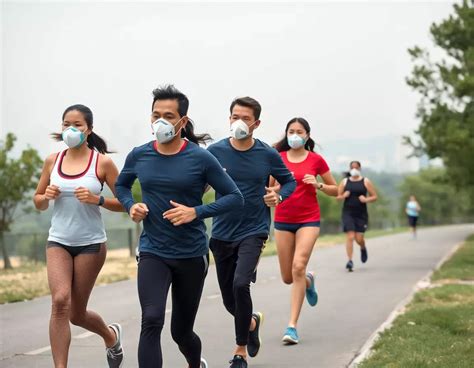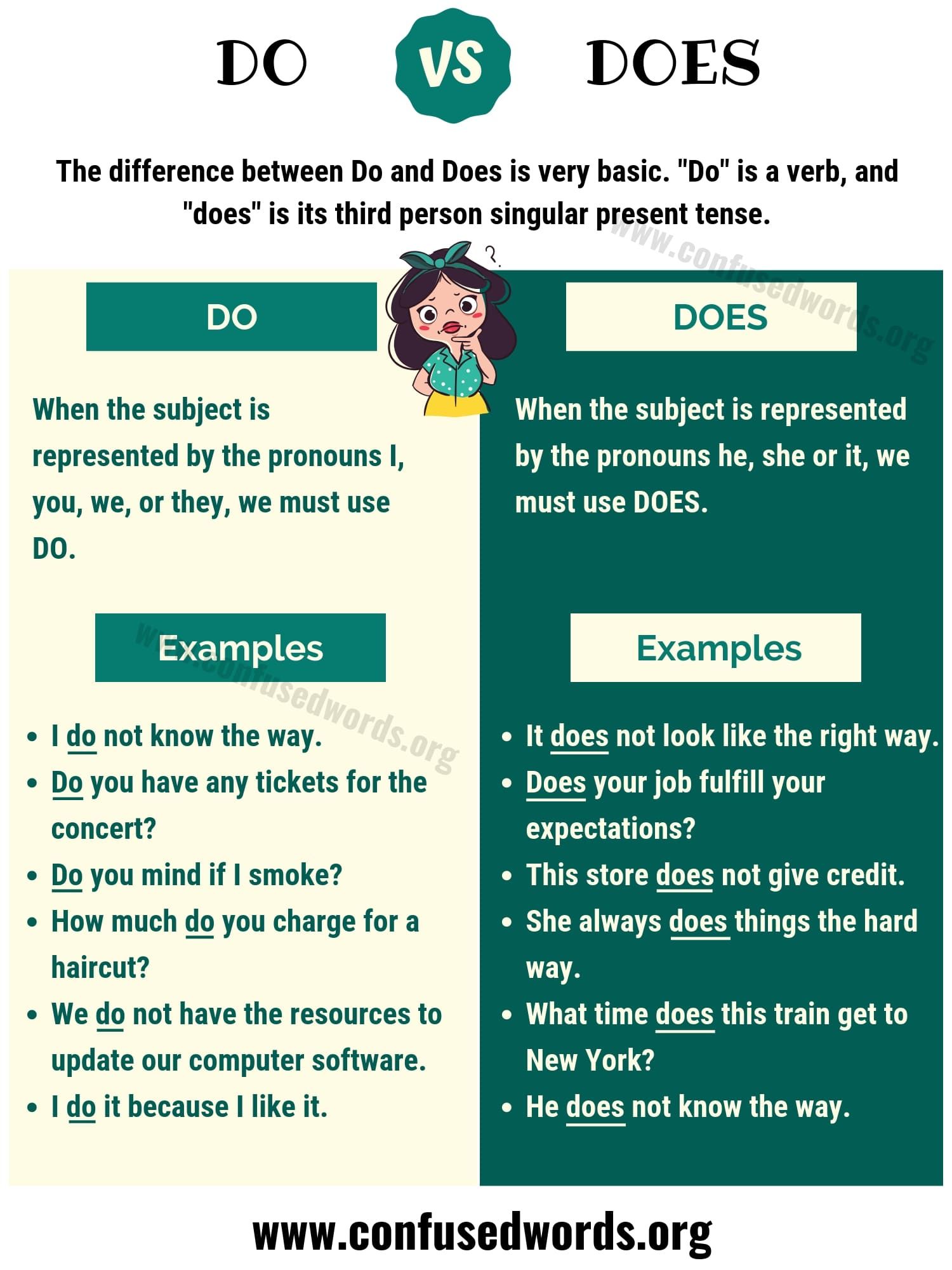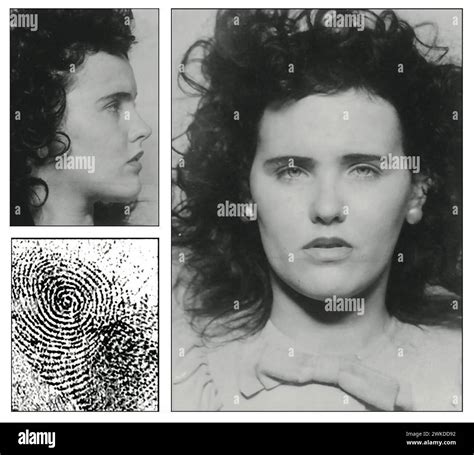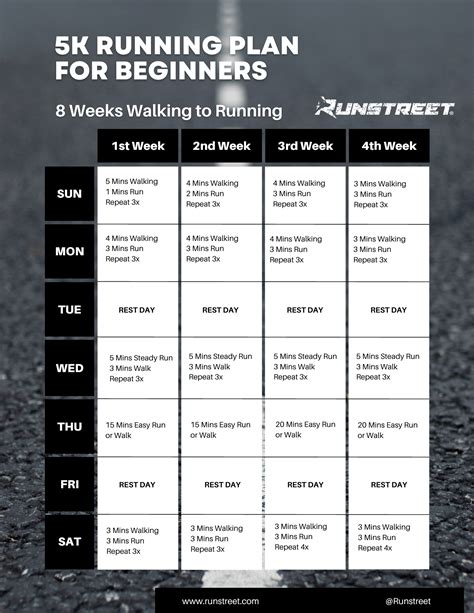The air we breathe is essential for our survival, yet it’s often filled with pollutants that can harm our health. From particulate matter to nitrogen dioxide, the air quality in our surroundings can have a significant impact on our well-being. In this comprehensive guide, we’ll explore 12 air quality tips that can help you breathe easier and live a healthier life.
Understanding Air Pollution
Before we dive into the tips, it’s essential to understand the basics of air pollution. Air pollution is the contamination of the air we breathe, and it can come from various sources, including vehicles, industrial plants, and even our own homes. The main culprits behind air pollution are particulate matter (PM), nitrogen dioxide (NO2), ozone (O3), and volatile organic compounds (VOCs). These pollutants can cause a range of health problems, from respiratory issues to cardiovascular disease.
Tip 1: Monitor Air Quality Index
One of the simplest ways to protect yourself from air pollution is to monitor the air quality index (AQI) in your area. The AQI is a measure of the level of air pollution, and it can help you determine whether it’s safe to go outside or not. You can check the AQI on your phone or computer, and it’s usually reported as a number between 0 and 500. The higher the number, the worse the air quality.
Tip 2: Use Air Purifiers
Air purifiers are devices that can remove pollutants from the air, making it cleaner and healthier to breathe. There are various types of air purifiers available, including HEPA filters, activated carbon filters, and ultraviolet (UV) light purifiers. When choosing an air purifier, look for one that can capture at least 99.97% of particles as small as 0.3 microns.
Tip 3: Reduce Indoor Pollution
While outdoor air pollution is a significant concern, indoor air pollution can be just as harmful. To reduce indoor pollution, make sure to vacuum regularly, especially if you have carpets. Use a vacuum cleaner with a HEPA filter, which can capture 99.97% of particles as small as 0.3 microns. You should also avoid using strong chemicals or pesticides indoors, as they can release VOCs into the air.
Tip 4: Increase Ventilation
Proper ventilation is essential for maintaining good air quality indoors. Make sure to open your windows and doors regularly to let fresh air in and stale air out. You can also install vents or whole-house fans to improve ventilation. If you live in an area with high levels of outdoor pollution, consider using a ventilation system with a filter to remove pollutants from the air.
Tip 5: Avoid Strong Chemicals
Strong chemicals, such as those found in cleaning products or pesticides, can release VOCs into the air. To avoid this, opt for natural or eco-friendly alternatives instead. For example, you can use white vinegar and baking soda to clean your home, or choose pest control methods that don’t involve chemicals.
Tip 6: Don’t Idle Your Car
Idling your car can release pollutants into the air, contributing to air pollution. If you’re going to be stopped for more than 30 seconds, turn off your engine. This simple habit can make a significant difference in reducing air pollution.
Tip 7: Use Public Transport or Carpool
Using public transport or carpooling can reduce the number of cars on the road, which in turn can reduce air pollution. If you can’t use public transport, consider carpooling or driving an electric or hybrid vehicle.
Tip 8: Plant Trees and Gardens
Trees and gardens can help absorb pollutants from the air, making it cleaner and healthier to breathe. Planting trees and gardens in your community can also help to reduce the urban heat island effect, which can exacerbate air pollution.
Tip 9: Avoid Exercise During Peak Pollution Hours
If you live in an area with high levels of air pollution, it’s best to avoid exercising outdoors during peak pollution hours. Typically, this is during rush hour or when there are high levels of traffic. Instead, try exercising indoors or during less polluted hours, such as early morning or late evening.
Tip 10: Wear a Mask
Wearing a mask can help protect you from air pollution, especially if you live in an area with high levels of PM2.5 (particulate matter that’s 2.5 microns or smaller). Look for a mask that can capture at least 95% of particles, and make sure it fits snugly over your nose and mouth.
Tip 11: Support Clean Energy
Supporting clean energy sources, such as solar or wind power, can help reduce our reliance on fossil fuels, which are a major contributor to air pollution. You can support clean energy by investing in renewable energy credits or by choosing a utility company that offers renewable energy options.
Tip 12: Advocate for Clean Air Policies
Finally, advocating for clean air policies can help reduce air pollution in your community. Contact your local representatives and express your support for policies that promote clean air, such as increasing funding for public transport or implementing stricter emissions standards.
In conclusion, air pollution is a significant concern that affects us all. By understanding the causes and effects of air pollution, and by taking simple steps to reduce our exposure, we can promote cleaner air and better health.
What is the most common cause of air pollution?
+The most common cause of air pollution is the burning of fossil fuels, such as gasoline, diesel, and coal. This releases pollutants like particulate matter, nitrogen oxides, and volatile organic compounds into the air.
How can I check the air quality in my area?
+You can check the air quality in your area by visiting the website of your local air quality agency or by using a mobile app like AirNow or PurpleAir. These resources provide real-time air quality data and forecasts to help you plan your activities.
What are the health effects of air pollution?
+The health effects of air pollution can range from mild to severe and include respiratory problems like asthma and bronchitis, cardiovascular disease, and even cancer. Long-term exposure to poor air quality can also affect cognitive development and mental health.
By taking these simple steps and being mindful of the air we breathe, we can promote a healthier environment for ourselves and future generations.



